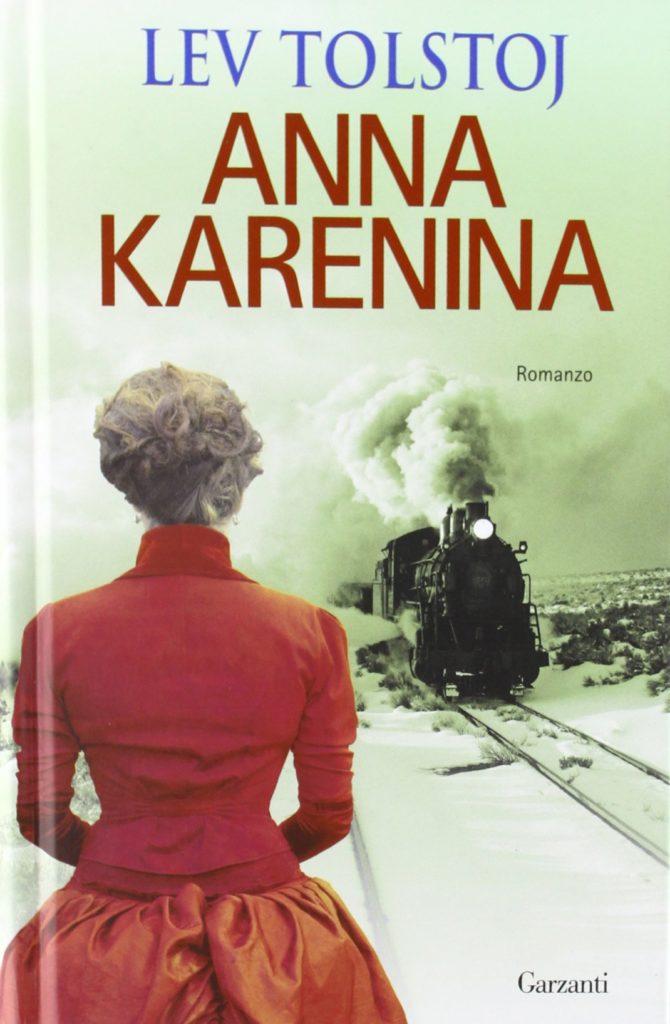SHARE
INFO
- DATE: 12-04-2019
- PLACE: Russia
RELATED ARTICLES
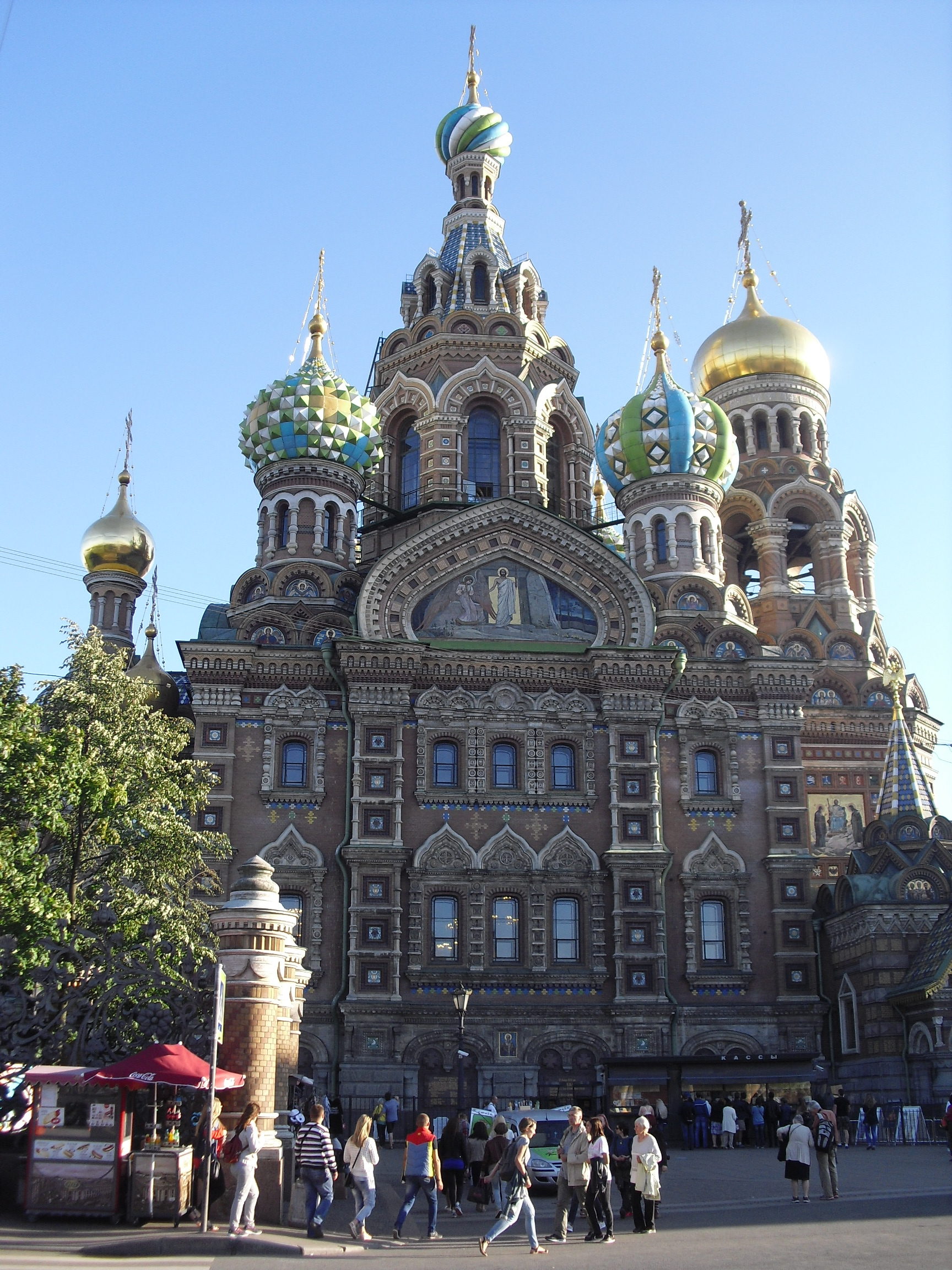
My Tips – Saint Petersburg
My Tips – Saint Petersburg. Curiosities and useful information to organize the trip to the beautiful ancient Russian capital, St. Petersburg.

Vladya and his house in Saint Petersburg – Transiberian
I ended up at Vladya’s place in the centre of Saint Petersburg during my Transiberian journey because he was a friend of Sasha, my host on Couchsurfing.
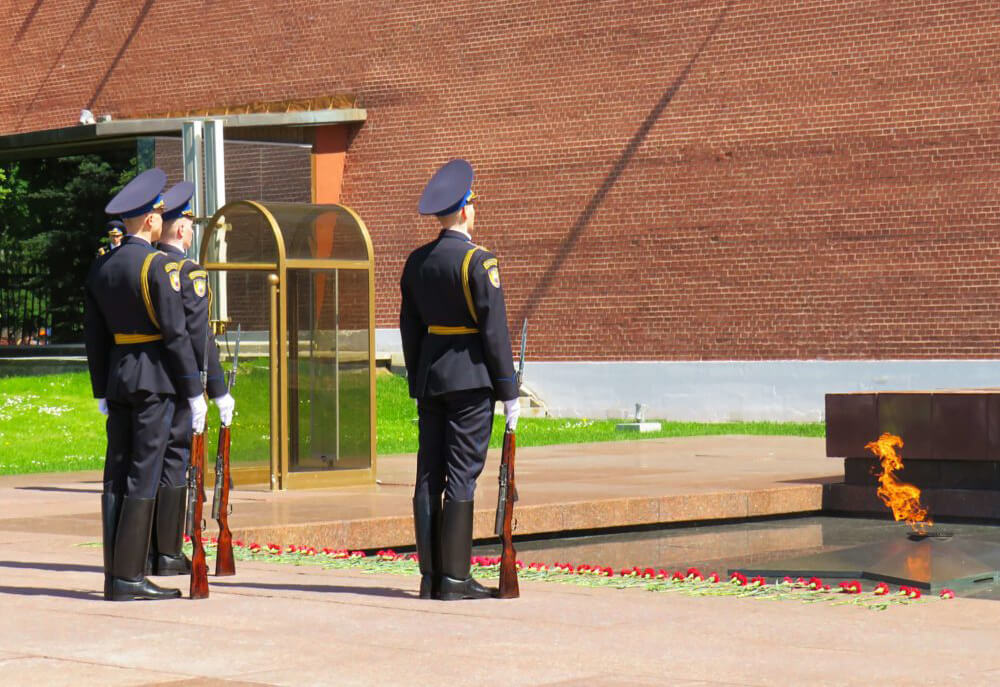
Story of Sasha, the romantic of Saint Petersbourg – Transiberian
Sasha opened the door of his house at 7 in the morning in a summer day of August.
Recommended books - RUSSIA
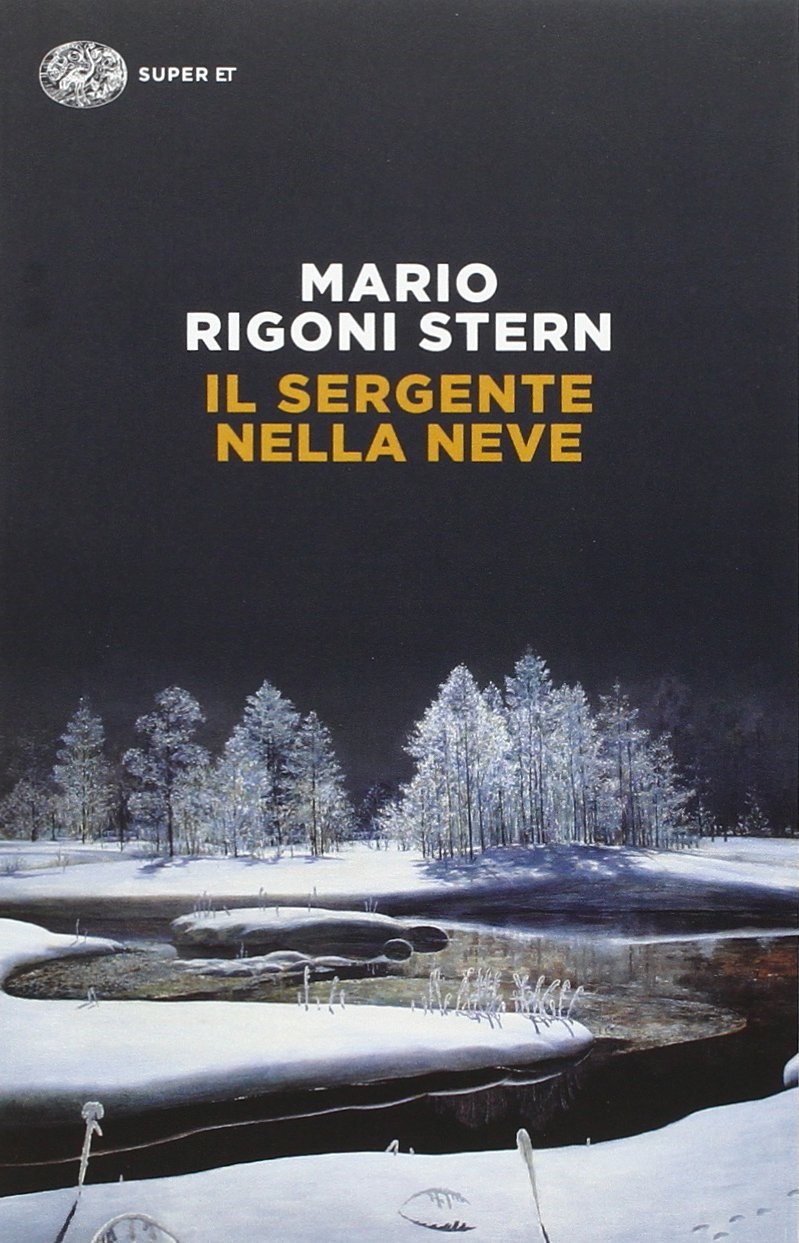
The sergeant in the snow
Mario Rigoni Stern (Marlboro Pr 1998)
When I think of Russia I think of this book, the crossing of Russia during the 1943 retreat. Autobiographical and poetic novel, it perfectly renders the imagery of a cold Russia, covered in snow, and an exhausting march for the return home on end of the Second World War.
The Gulag Archipelago
Aleksandr Solzhenitsyn (Harvill Press Editions 2003)
This essay of inquiry deals with the system of forced labour camps in the USSR where opponents and enemies of the system were “re-educated”. It was written by Solženicyn between ’58 and ’68 and published in 1973 in France, remaining clandestine in the Soviet Union until 1989. The publication of the book costed the author imprisonment and then exile.
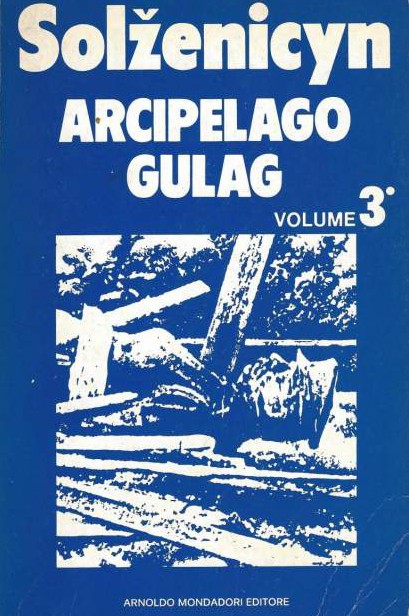
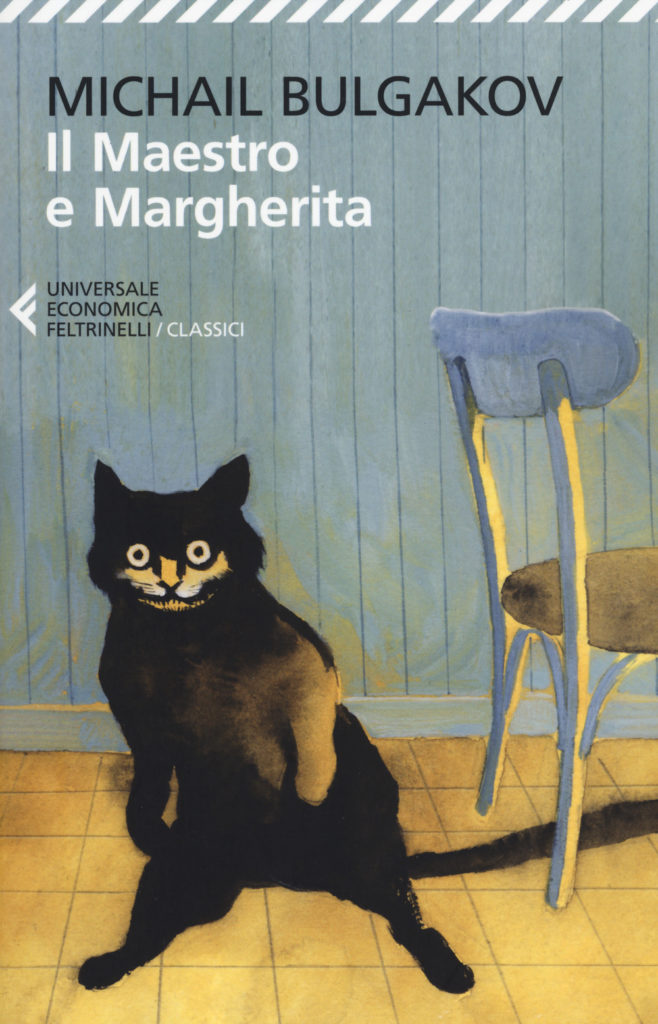
The Master and Margherita
Michail Bulkagov. (Alma Classics Evergreens 2018)
A reasoned mix of reality and cunning. Bulkagov criticizes Soviet Russia of the 1930s by combining political persecutions, love and kabbalistic elements that make it an extraordinary novel, written over 40 years and then completed by his wife Elena Šilovskaja who had it published after his death.
Doctor Zhivago
Boris Pasternak (Random House UK Ltd 2002)
A novel opposed by the Russian authorities of the time and censored, it was published in a world preview by Feltrinelli in ’57. The plot of the plot is complex and leads the reader to identify with the protagonist, Doctor Živàgo, and his unfortunate fate in the echoes of the October Revolution. Pasternak won the Nobel Prize in ’58 but was never able to withdraw it.
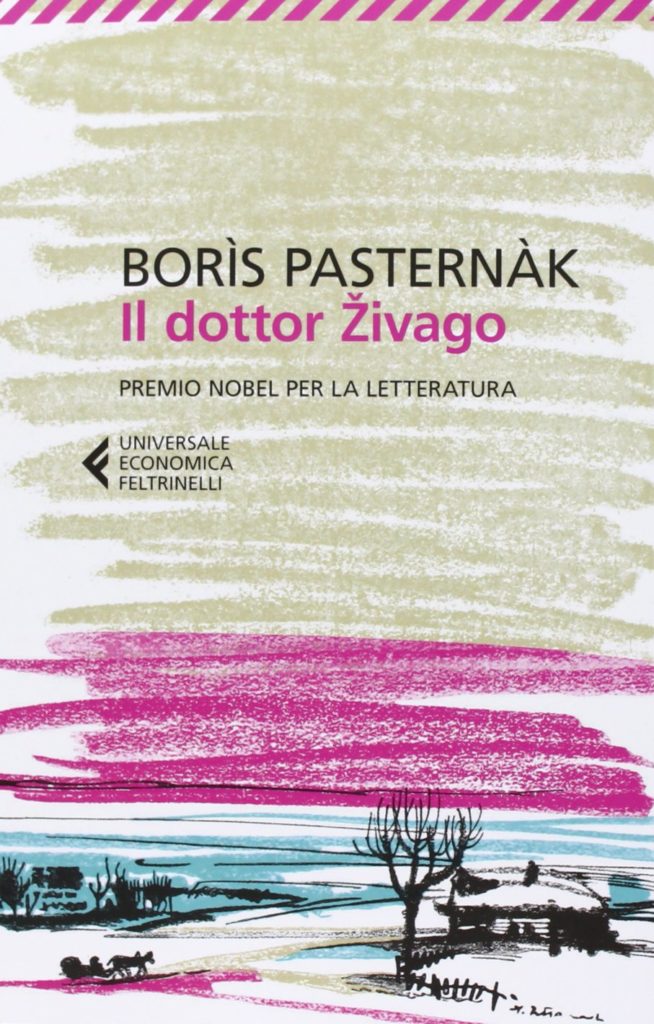

Lolita
Vladimir Nabokov (Penguin Classics 2000)
When I read Lolita, I came into conflict with the book and myself. The novel keeps the reader in the balance between the moral judgment and the arrogance of a teenage passion – even if aware and rough – of a man who is almost 40 for a 12-year-old girl. He inspired Stanley Kubrick’s 1962 film of the same name, of which Nabokov himself was a screenwriter.
Anna Karenina
Lev Tolstoy (Everyman 1992)
Tolstoy’s realism is reflected in Anna’s character and in the aristocratic Russia of the late Nineteenth century described in the book. The stories of the characters intertwine, and clandestine loves are the masters, fighting with the core values of Russian society such as family and faith. Dramatic and compelling, it is the portrait of an era.

